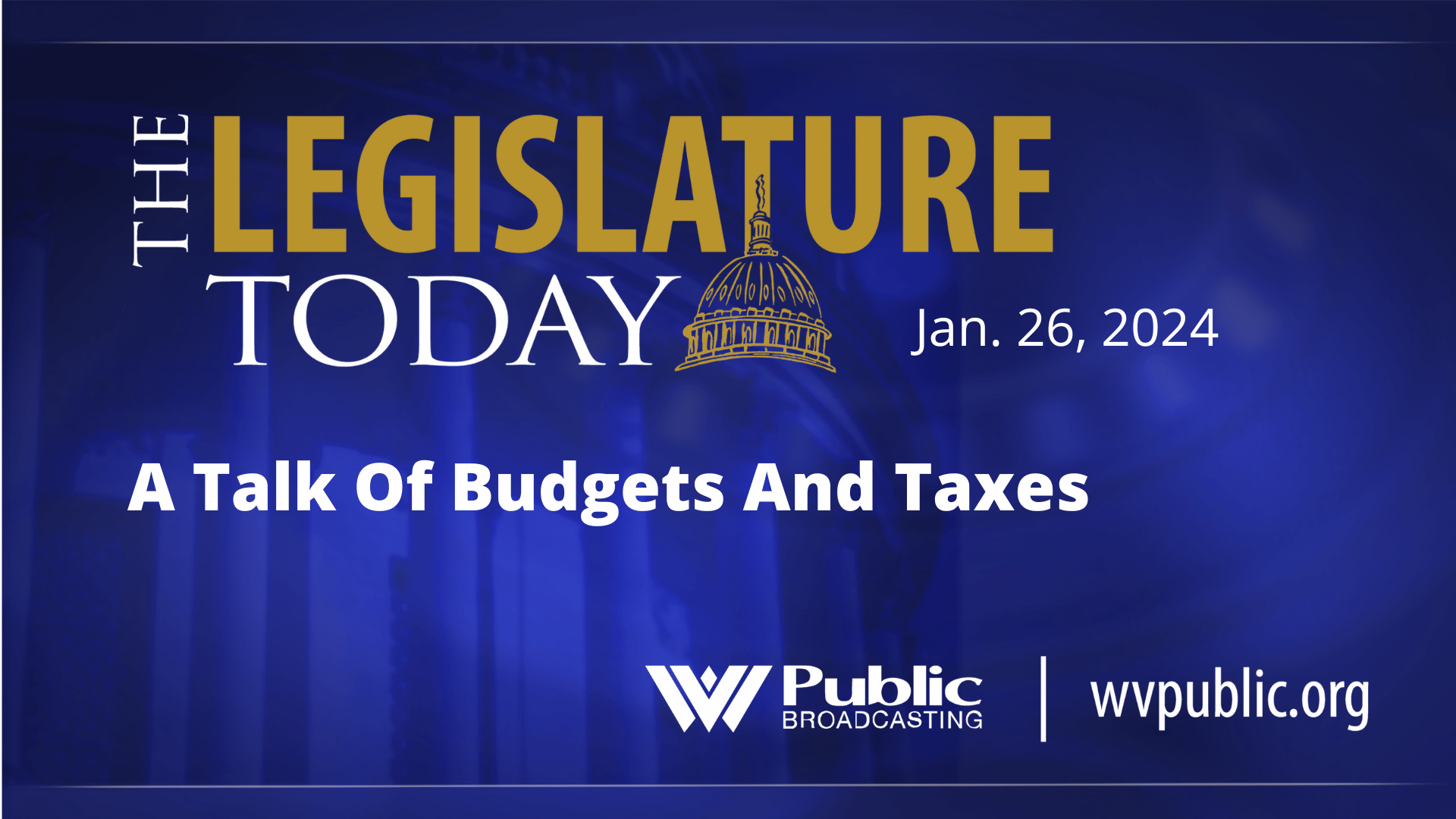On this episode of The Legislature Today, lawmakers are mulling over countless tax proposals that would directly affect West Virginians and their wallets. Randy Yohe sat down with Kelly Allen, the executive director at the West Virginia Center on Budget and Policy, and House Speaker Roger Hanshaw, R-Clay, to discuss budgets and taxes.
Also, in a Friday morning session, the Senate advanced legislation on the postal service, parental rights and pro-life education. Jack Walker has the story.
With controversy still bubbling over a proposed bill that could impose felony charges on a librarian or museum curator for exposing obscene material to a minor, it was Library Legislation Day at the Capitol.
This week, our high school correspondents look at the role of the lobbyist in the legislative process. Hollywood often portrays them as throwing large sums of money around, but even the smallest nonprofit organization can have a lobbyist.
Finally, former state senator John Pat Fanning died recently. Fanning was elected to the West Virginia Senate on three different occasions. His first term began in June 1968 and lasted until 1980. He came back to the Senate in 1984 for a single term that ended in 1988. His longest time in the Senate was from 1996 to 2012. He left his position in 2012. Bob Brunner brings us this profile.
Having trouble viewing the video below? Click here to watch it on YouTube.
The Legislature Today is West Virginia’s only television/radio simulcast devoted to covering the state’s 60-day regular legislative session.
Watch or listen to new episodes Monday through Friday at 6 p.m. on West Virginia Public Broadcasting.
